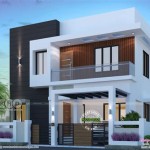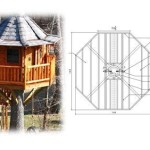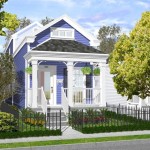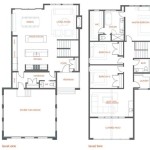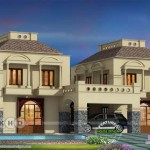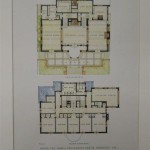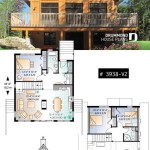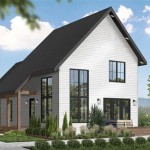Round Concrete Home Plans: Essential Aspects
Round concrete homes are gaining popularity due to their unique aesthetics, energy efficiency, and durability. If you're considering building a round concrete home, understanding the essential aspects of these plans is crucial. Here's a comprehensive guide to help you navigate the process:
Structural Design
Round concrete homes require specialized structural design principles. The circular shape distributes loads evenly, eliminating the need for conventional framing techniques. The concrete shell creates a monolithic structure that provides excellent strength and stability.
Concrete Composition
The composition of the concrete is critical. High-quality concrete with proper reinforcement ensures durability and longevity. Factors to consider include the concrete mix design, reinforcement density, and curing methods. Insulated concrete forms (ICFs) can enhance thermal efficiency.
Insulation and Energy Efficiency
Round concrete homes are naturally energy-efficient due to their reduced surface area. However, proper insulation is essential to optimize thermal performance. Insulating the roof, walls, and floor can significantly reduce heating and cooling costs.
Ventilation and Airflow
Adequate ventilation is crucial to prevent moisture buildup and maintain a healthy indoor environment. Round concrete homes may require a balanced ventilation system to ensure proper airflow throughout the structure.
Aesthetics and Customization
The circular shape of round concrete homes offers endless aesthetic possibilities. They can be designed with various finishes, textures, and colors to suit individual tastes. Additionally, architects can incorporate skylights, windows, and other features to create unique and visually appealing structures.
Construction Timeline and Costs
The construction timeline and costs of a round concrete home can vary depending on factors such as the size, complexity of design, and local market conditions. Round concrete homes typically require a longer construction period than traditional homes due to the specialized building techniques involved. However, they often offer long-term cost savings due to their durability and energy efficiency.
Sustainability and Environmental Impact
Round concrete homes can be constructed with environmentally friendly materials and techniques. The use of recycled materials and sustainable concrete mixes reduces the environmental footprint. Additionally, their energy efficiency contributes to a lower carbon footprint.
Conclusion
Round concrete home plans offer unique advantages in terms of durability, energy efficiency, and aesthetics. Understanding the essential aspects discussed above can help you make informed decisions during the planning and construction process. By engaging with experienced architects and contractors, you can create a round concrete home that meets your specific needs and aspirations.

Circular Concrete Home Plan

Monolithic Dome Home Plans Ayanahouse Homes Geodesic House Floor

Unique Luxury Home Plans With A Wrap Around Deck

Pedestal Piling Homes Continental Kit

Circular Houses With Unique And Unprecedented Designs

The Yurt Plan Round House How To

Circular Concrete Home Plan

Unique Luxury Home Plans With A Wrap Around Deck

Round House Design Offers A Unique Architectural Experience My Modern Metropolis Architecture Unusual Homes

Circular Concrete Home Plan

